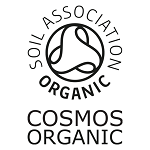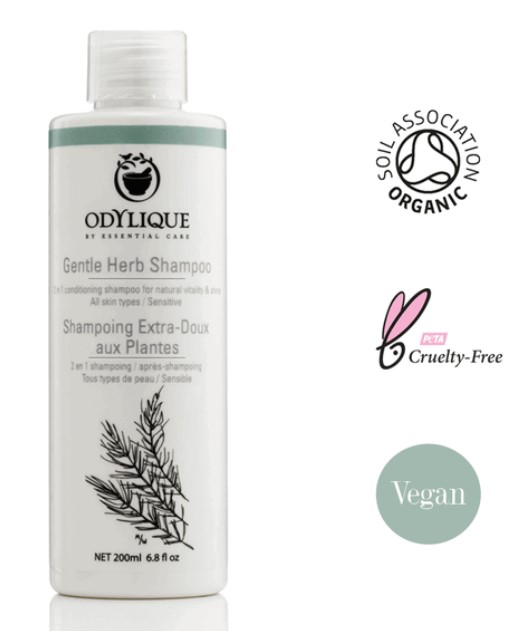
Organic Cosmetics Certification is Voluntary
It is little known that organic skin care is not legally regulated in the same way as organic food and drink. Skincare and toiletries can be called organic and natural, even if they contain a tiny percentage of organically grown ingredients and / or are mostly synthetic. The only way to be sure that the product you are using is genuinely organic is to use products that are certified by a recognised and independent organic body. Watch out for fake logos too! - 'Greenwashing' is common.
Odylique and Organic Certification
From day 1, we have always had Odylique products certified as organic, believing that customers deserve an independent guarantee that what we label as organic really is just that. We certify our products to Soil Association (SA) organic standards, which are among the strictest in the world for organic health and beauty products. Indeed, only a handful of companies have achieved these standards for their whole range and we were the first company ever to make a Shampoo certified for its organic ingredients!
Since the introduction of the harmonised organic standard COSMOS, of which the Soil Association is a part, all new Odylique products are certified to COSMOS as well.

The Soil Association (and COSMOS) organic standards correspond to our philosophy that health and beauty products should be ethical, free from toxic ingredients and as organic as possible. In particular, the certification ensures that any products not only use organically grown ingredients where available, but also do not contain substances that we are strongly against and never use.
How do you certify cosmetics as organic?
There is a significant time and organisational effort in being certified organic, but we believe it is worth it for the independent quality guarantee it offers.
New products have to pass rigorous formulation and label checks. Every single ingredient is scrutinised to make sure it passes environmental and toxicity criteria.
To prove an ingredient really is organic, we must provide the Soil Association with certificates of organic status for every single supplier we use during the year. To be accepted by the Soil Association, suppliers' certificates must either be issued by the Soil Association or by a body that the Soil Association has investigated and recognises as equally rigorous in its testing and certification. This means that there is wonderful traceability – you can follow each ingredient in a certified organic beauty product back to the field it was grown in.
We also have to provide the Soil Association with declarations from every supplier of a non-organic ingredient (where organic is not available) to prove that it is GM-free. Our formulae, labelling and production methods are examined regularly for quality and integrity. Every year the Soil Association inspects our production facility and audits our use of organic ingredients.
We pay a licence fee - a percentage of revenue each year to the Soil Association.
What are the organic certification rules for beauty products?
Pre-Cosmos Standards (old Soil Association Health & Beauty standards):
To certify a beauty product as organic, a minimum of 95% of all non-water and non-mineral ingredients had to be certified organic. Where insufficient organically grown ingredients existed, the Soil Association would approve products that contain at least 70% organic ingredients (such as our Shampoo) but they could not be labelled as fully "organic". In an approved product, the remaining ingredients, however, are also bound by strict guidelines. Substances suspected of being toxic to humans or the environment are not allowed, neither are genetically modified ingredients.
Cosmos Standards (since 2018):
The new global Cosmos standards are very similar to the old Soil Association ones. The minimum percentage organic is just calculated differently - as a percentage of the total product rather than as a percentage of the non-water ingredients. Products with a minimum 20% organic ingredients as a percentage of the total can be 'Cosmos Organic' and 10% organic or more qualify for 'Cosmos Natural'. The same rules on using organic ingredients where available, banned ingredients and no-genetic modification still apply. Additionally, there are new demands for eco-friendly packaging, waste management and cleaning, all of which are checked regularly.
So you can see that there can be a quantum leap between the purity / organic content of a beauty product that has full and independent certification, and one that just claims to contain natural or "certified organic ingredients".

